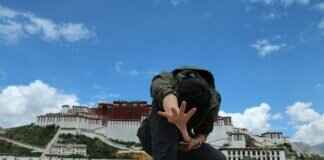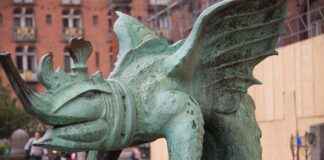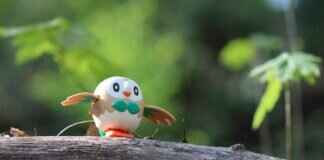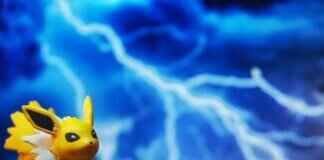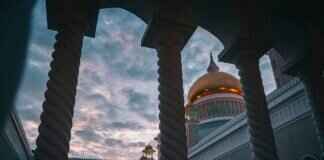The Impact of Global Trade Wars on L.A.’s Economy
In the lush, tree-lined neighborhoods of San Marino, a once predominantly white community has transformed into a melting pot of diversity, with nearly 70% of residents identifying as Asian and almost half born outside the United States. Fang Chen, a local stay-at-home mom with deep ties to China, used to encourage friends and family overseas to invest in stately mansions in this picturesque city. However, President Trump’s unpredictable tariffs have thrown a wrench into her plans, causing anxiety and uncertainty among her neighbors as they grapple with the implications of a global trade war.
Los Angeles, a thriving metropolis with a rich tapestry of cultures, faces a similar dilemma as Trump’s trade policies threaten to disrupt the foundation of its economy. From million-dollar homes in the suburbs to bustling urban neighborhoods, the prospect of a trade war has left residents and business owners reeling with concerns about the future. Trump’s initial announcement of a 10% baseline tariff on all imported goods was followed by escalating tensions with key trading partners, including China, Vietnam, and South Korea, leading to a roller coaster of uncertainty in the region’s economic landscape.
Amidst this turmoil, individuals across Los Angeles are feeling the impact of global trade wars on their livelihoods. In the San Fernando Valley, Chef Justin Pichetrungsi of Anajak Thai restaurant faces rising costs and scarcity of essential ingredients like fish sauce, essential for his popular dishes. Similarly, Danny and Albee Tran, owners of Son Fish Sauce in Fountain Valley, are bracing for a rocky road ahead as they navigate the challenges of an uncertain trade climate. Meanwhile, Ivan Vasquez, an Oaxacan immigrant who built a successful restaurant empire, fears the repercussions of tariffs on every aspect of his business, from imported mezcal to kitchen supplies.
The history of Los Angeles is intertwined with waves of globalization that have shaped its identity and economy over the years. From the booming manufacturing sector of the mid-20th century to the rise of international trade and port operations, the city has evolved into a global hub of commerce and culture. However, the closure of factories, the shift towards overseas production, and the displacement of workers have also brought challenges to local communities, leading to economic disparities and job losses.
As Los Angeles grapples with the looming threat of trade wars, the human stories behind the statistics paint a poignant picture of the city’s resilience and adaptability. Smadar Gubani, an Orthodox Jewish day-care provider, navigates the complexities of a globalized world through her business, relying on imported goods like kosher meat and Israeli snacks to serve her diverse clientele. Maria Allana, a Central American immigrant running a food stand in Westlake, faces the harsh realities of inflation and declining business due to immigration crackdowns and trade uncertainties.
In the upscale enclave of San Marino, real estate agent Brent Chang reflects on the symbiotic relationship between global economies and local housing markets, highlighting the transformative impact of foreign investment on the city’s growth and prosperity. Despite the challenges posed by trade wars and economic uncertainties, Chang emphasizes the importance of embracing diversity and interconnectedness in a rapidly changing world.
As Los Angeles navigates the complexities of a globalized economy and the implications of trade wars, the resilience and adaptability of its residents stand as a testament to the city’s enduring spirit. From bustling ethnic enclaves to upscale neighborhoods, the diverse tapestry of cultures and experiences in Los Angeles underscores the interconnectedness of the world and the importance of unity in the face of uncertainty. As the city grapples with the challenges of a changing economic landscape, the stories of its residents serve as a reminder of the human impact behind the headlines and statistics, weaving a narrative of resilience, diversity, and hope in the face of adversity.





